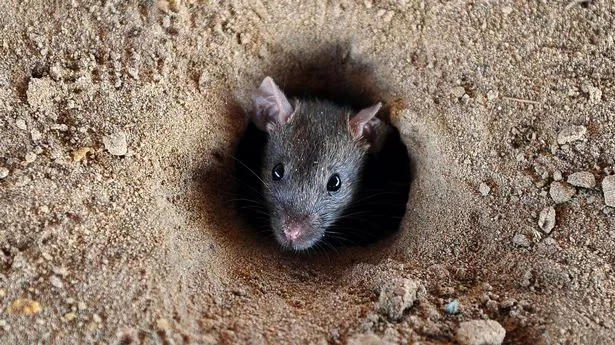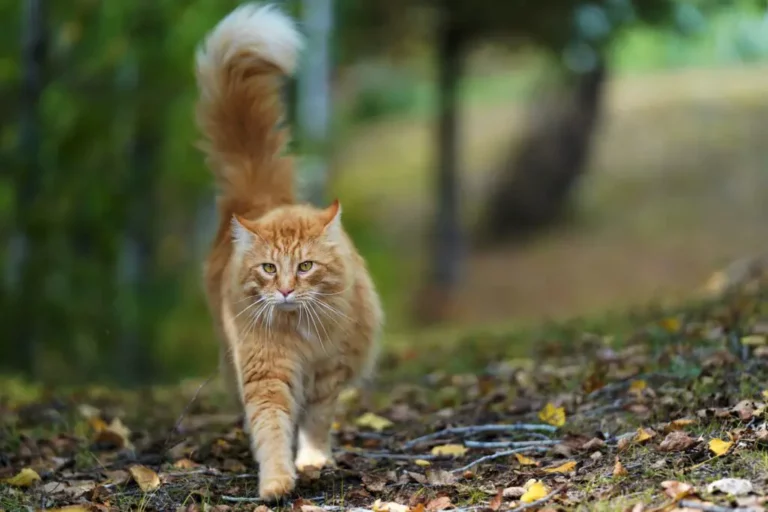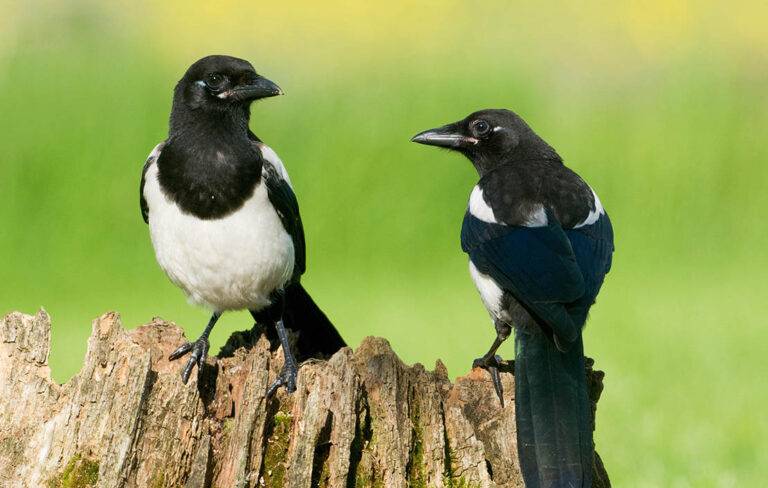Can I Put Rat Poison Down A Rat Hole?
Yes, you can put rat poison down a rat hole, but it’s important to do so cautiously. Place the poison in secure bait stations to prevent accidental contact by pets or children. Make sure to follow the product’s instructions carefully regarding dosage and placement.
Be aware of the potential risks, including the chance of secondary poisoning if other animals ingest the poisoned rodents. If you have concerns, consider using alternative methods like traps or natural deterrents.
Always prioritize safety and responsible use when dealing with rat poison to effectively control rat infestations while minimizing risks to other living beings.
Different types of rat poisons available in the market
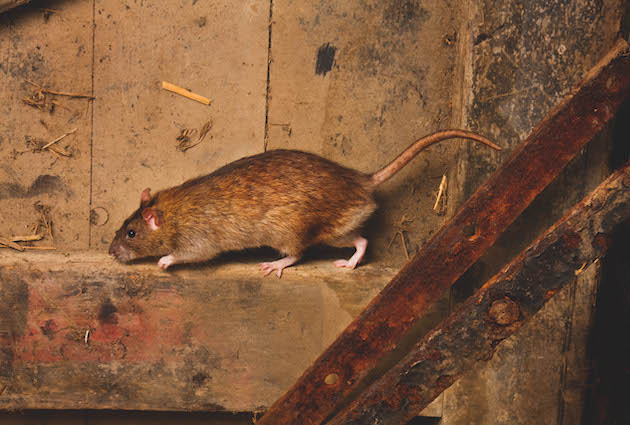
Anticoagulant Rodenticides: These poisons work by preventing blood clotting, leading to internal bleeding. Warfarin, bromadiolone, and brodifacoum are common anticoagulant ingredients.
Neurotoxic Rodenticides: These target the nervous system of rodents, causing paralysis or seizures. Examples include bromethalin and cholecalciferol.
Single-dose Rodenticides: Some rat poisons are designed to be lethal with a single ingestion, providing a quick and effective solution.
Non-toxic Bait: Some formulations use non-toxic baits to attract rodents without immediately harming them. These may be used in conjunction with traps for a more humane approach.
How can one identify rat holes?

Rat holes, also known as burrows, are typically small in diameter, ranging from 2 to 4 inches. They may have a distinctive shape, often with a mound of loose soil or debris at the entrance.
Rat holes are commonly found along walls, fences, or foundations. They may also be located in hidden or less-trafficked areas such as behind stacked materials, in dense vegetation, or in storage spaces.
Look for signs of fresh digging or soil disturbance near the entrance. Rats are active burrowers and will frequently maintain and expand their burrows.
Rats tend to create well-defined runways or pathways leading to and from their burrows. These runways may be marked by greasy or dirty smudge marks along walls or surfaces.
Rat burrows often have multiple entrances and exits, providing escape routes in case of danger. Identifying these multiple openings can help confirm the presence of a rat burrow.
Common Areas Where Rats Create Holes
Outdoor Areas: Rats commonly burrow in outdoor spaces, especially in gardens, yards, and areas with abundant vegetation. They may create holes at the base of shrubs, trees, or in tall grass.
Building Foundations: Rats often dig burrows along the foundations of buildings. Gaps or openings in the foundation, as well as areas with loose soil, can be prime locations for rat holes.
Garbage and Compost Areas: Rat holes may be found near sources of food, such as garbage bins or compost heaps. Rats are attracted to areas with easy access to food and shelter.
Under Structures: Rats may burrow under structures like sheds, decks, or patios. These spaces provide shelter and protection, making them attractive locations for rat burrows.
Storage Areas: Dark and cluttered storage areas are also common places for rats to create burrows. Check for holes in and around stored items, as rats seek secluded spots for nesting.
What are the potential risks and safety concerns associated with using rat poison?
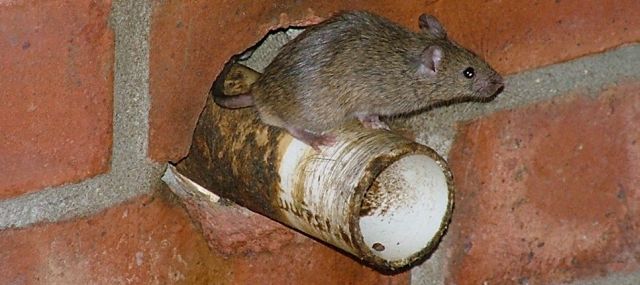
Non-Target Species Exposure
One significant concern with rat poison is the potential exposure of non-target species, including pets and wildlife. When rodents consume poison and are later ingested by predators or scavengers, it can lead to secondary poisoning.
Delayed Effects
Certain rodenticides, particularly anticoagulant types, have delayed effects. This means that rodents may not show signs of illness immediately, making it challenging to connect their behavior to poison ingestion. This delay can increase the risk of secondary poisoning.
Accidental Ingestion by Children
Rat poison baits can be attractive to children or pets, leading to accidental ingestion. Ingesting even a small amount can be harmful, making it crucial to store rat poison securely and use tamper-resistant bait stations.
Environmental Impact
Some rodenticides can have adverse effects on the environment, contaminating soil and water. This environmental impact is an important consideration when choosing rat poison, especially for those looking for more eco-friendly options.
The importance of safety precautions for both humans and pets
Proper Storage: Safely store rat poison out of reach of children and pets. Use secure containers or lockable bait stations to prevent accidental access.
Read and Follow Instructions: Adherence to product instructions is critical. Ensure that users understand the recommended dosage, proper placement, and any safety precautions outlined by the manufacturer.
Use Tamper-Resistant Bait Stations: Employ tamper-resistant bait stations to prevent direct access to the poison. These stations are designed to be accessible to rodents but difficult for pets or children to open.
Regular Monitoring: If rat poison is used, regularly monitor bait stations to assess consumption. If the bait is being consumed too quickly, it may indicate a higher risk of secondary poisoning.
Consider Alternative Methods: Encourage readers to explore alternative methods of rodent control, especially if there are concerns about the safety of using rat poison. Traps, repellents, and natural deterrents can be effective in certain situations.
Consult with Pest Control Professionals: In situations where a rodent infestation is severe or persistent, consulting with pest control professionals can provide a more targeted and controlled approach, ensuring the safety of both residents and the environment.
What Are The Alternatives to Rat Poison?
Instead of using rat poison, you can use traps that catch rats without hurting them. You can also use things like peppermint oil or keep things clean to stop rats from coming in.
Alternative methods for dealing with rat infestations
Traps: Traditional snap traps or electronic traps are effective and humane alternatives to rat poison. They provide a quick and humane death, minimizing the risk of secondary poisoning.
Live Traps: Live traps allow for the capture of rats without harming them. Once captured, rats can be released in a location away from human habitation.
Rodent-Repellent Devices: Ultrasonic and electromagnetic devices claim to deter rodents without causing harm. While their effectiveness varies, some homeowners find success with these devices.
Sealing Entry Points: Preventing rats from entering homes in the first place is a crucial aspect of pest control. Identify and seal entry points, such as gaps in walls, windows, or doors.
Maintain Cleanliness: Regular cleaning and proper sanitation can reduce the attractiveness of an environment for rodents. Eliminate food sources and secure trash bins to discourage rats from infesting an area.
Include humane options and natural deterrents
Peppermint Oil: Rats have a strong aversion to peppermint oil. Placing cotton balls soaked in peppermint oil near potential entry points or nesting sites can act as a natural deterrent.
Pet Deterrents: The presence of pets, especially cats, can deter rats. The scent of a potential predator can make rats think twice about entering an area.
Natural Predators: Encouraging the presence of natural predators like owls, hawks, and snakes can help control the rodent population naturally.
Ammonia Soaked Cotton Balls: Rats dislike the smell of ammonia. Placing ammonia-soaked cotton balls in areas where rats are likely to frequent may discourage them.
Use of Essential Oils: Certain essential oils, such as citronella, eucalyptus, and tea tree oil, can act as natural rat repellents. Mixing these oils with water and spraying the solution in affected areas may help deter rats.
Beneficial Nematodes: These microscopic organisms are natural predators of pests, including larvae of rats. Introducing beneficial nematodes to the soil can help control the rodent population.
Electronic Repellents: Devices emitting high-frequency sound waves that are unpleasant for rodents but generally safe for humans and pets can be employed to deter rats.
FAQ
Does putting out rat poison attract rats?
No, putting out rat poison doesn’t attract rats,it targets existing infestations without acting as a lure. Rats are attracted to areas with accessible food sources, not the poison itself.
Will rats come back after poison?
Rats may return if attractants persist. To prevent their return, address the root cause, seal entry points, and maintain a clean environment.
How do rats act when poisoned?
Rats may not show immediate signs. Symptoms, like lethargy and altered behavior, manifest gradually before the poison takes effect.
Where do rats go after being poisoned?
Rats retreat to nests or burrows after consuming poison, seeking secluded areas to minimize exposure to predators.
Do rats need water after poison?
Yes, rats may experience increased thirst after consuming poison, especially anticoagulants. Providing water alongside bait enhances its attractiveness.
How long does rat poison stay active in the soil?
The duration depends on the formulation, with some breaking down quickly and others persisting. Product labels provide information on environmental persistence.
What poison kills rats instantly?
No poison guarantees instant death. Quick-acting poisons, like bromethalin, lead to rapid mortality, but the definition of “instant” varies based on the situation.
Final words
To wrap up, putting rat poison down a rat hole is possible, but it’s vital to be cautious and responsible. Use secure bait stations to protect pets and children. If safety is a concern, explore alternatives like traps or natural deterrents. Follow product instructions and be aware of potential risks, such as secondary poisoning. It’s crucial to prioritize the well-being of all living beings during pest control efforts. When in doubt, seeking professional advice ensures effective rodent control without compromising safety. Remember, responsible use of rat poison is essential to address rat infestations while keeping everyone safe.

